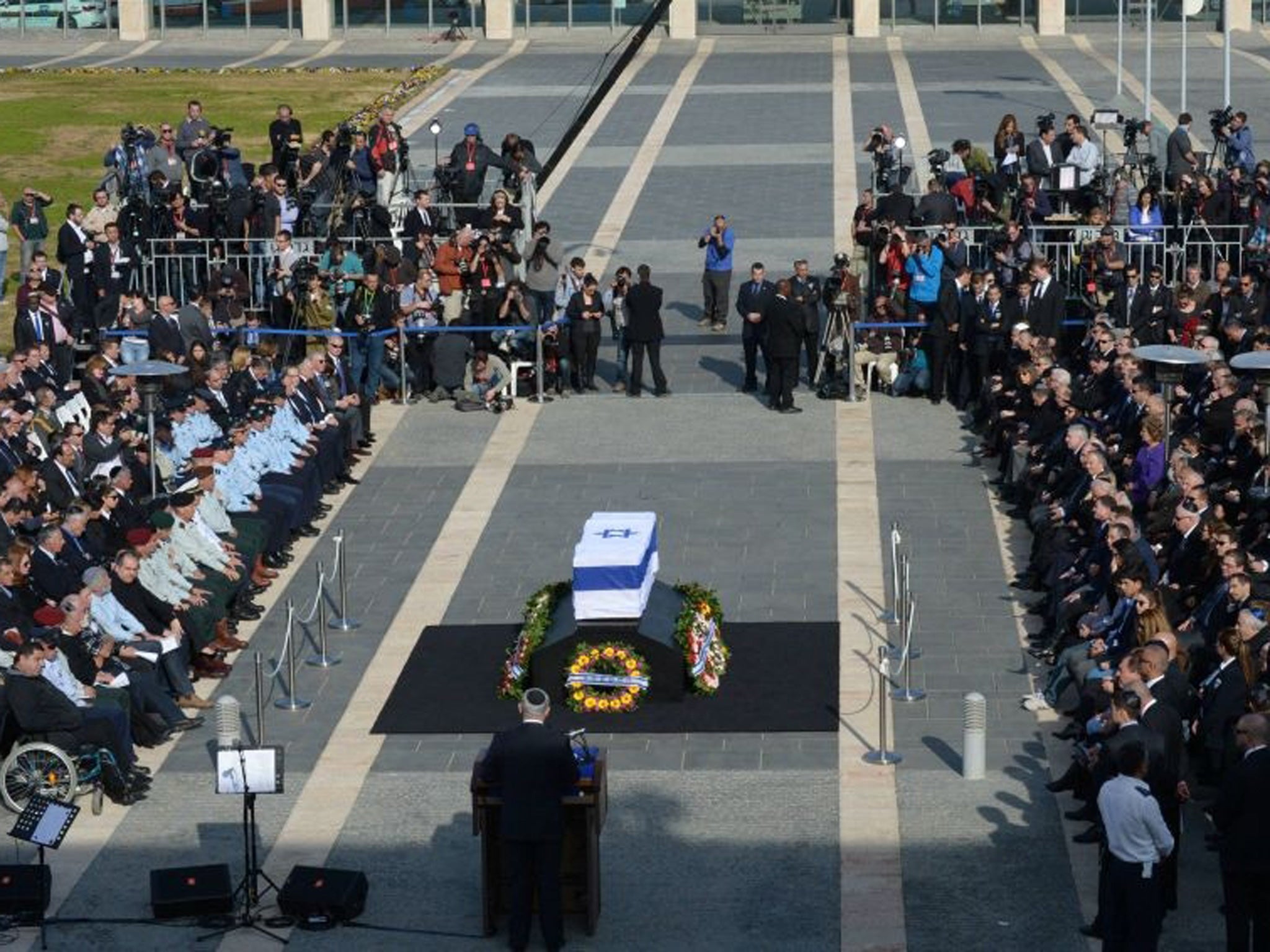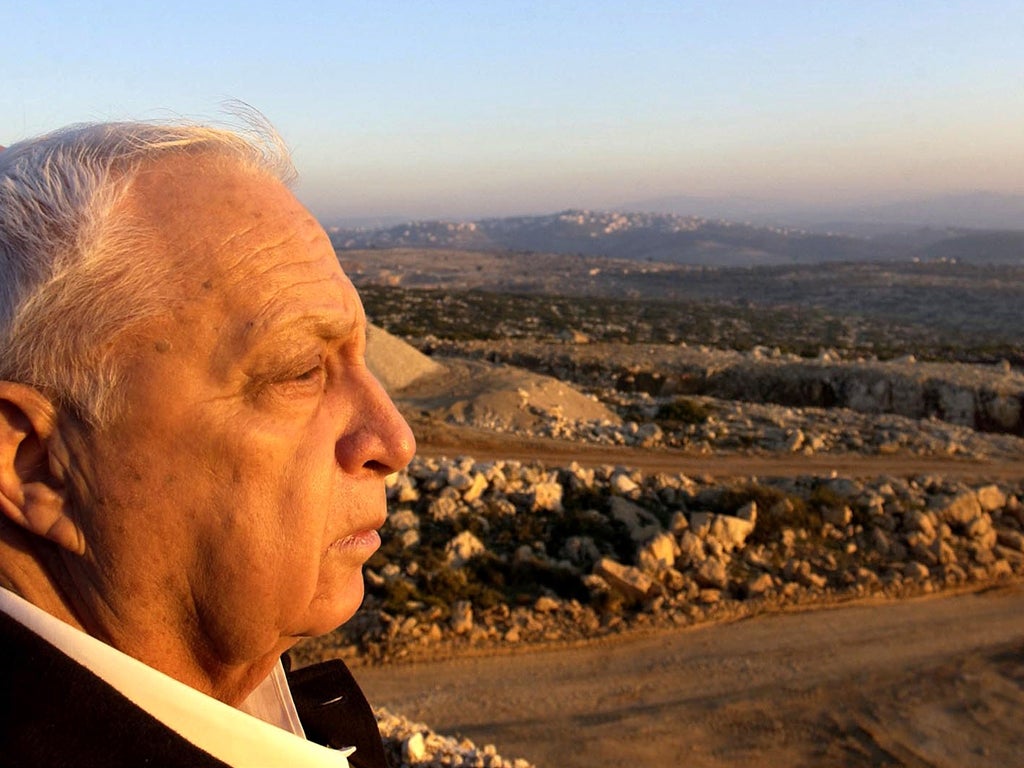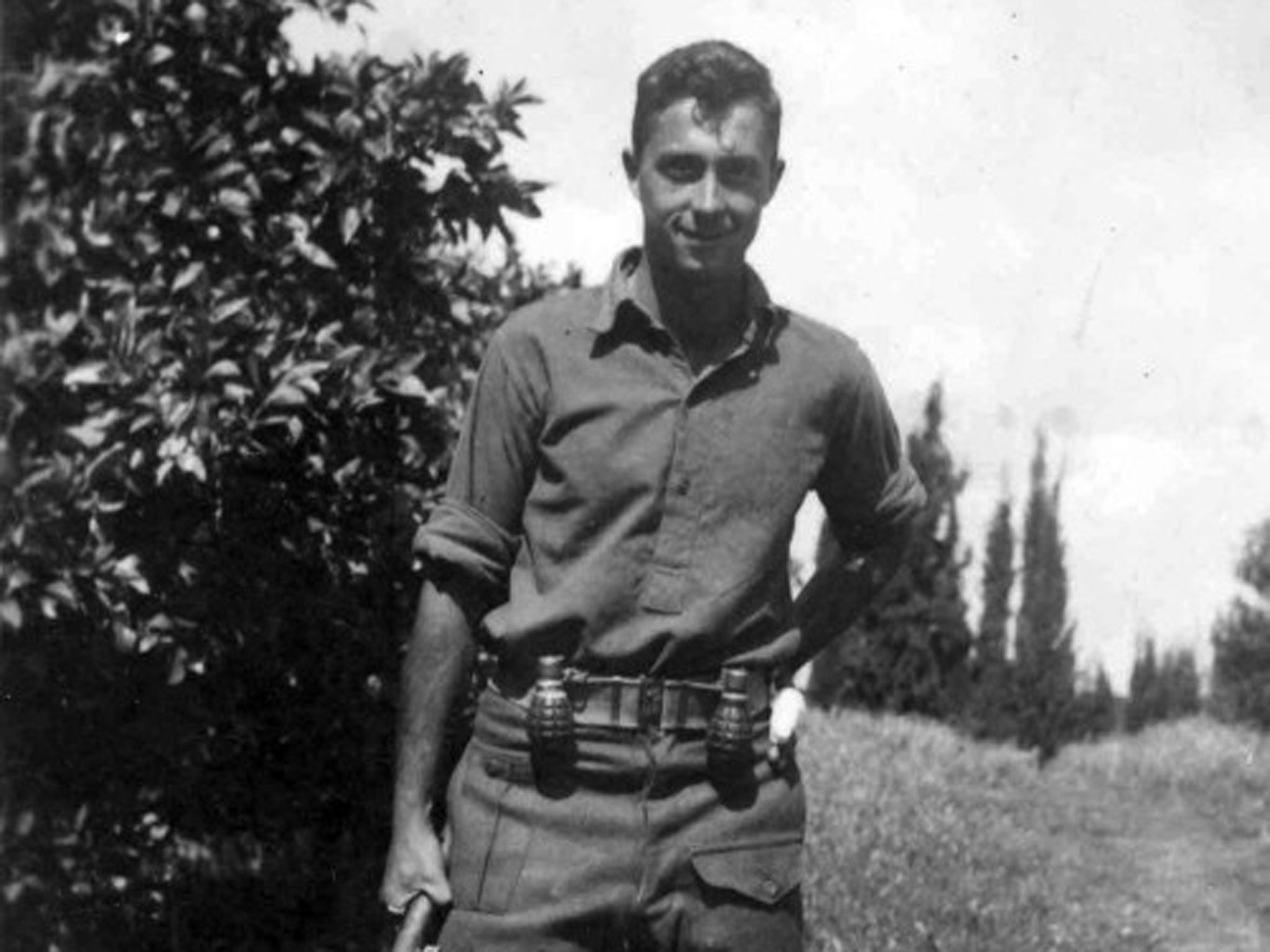Ariel Sharon memorial: Israel holds memorial ceremony for 'fearless warrior'

Hundreds of Israeli VIPs and international dignitaries attended a state memorial ceremony for the late Ariel Sharon on Monday, remembering the controversial former prime minister as a fearless warrior and bold leader who devoted his life to protecting his country's security.
The US Vice President Joe Biden and former British Prime Minister Tony Blair headed the long list of visitors who gathered outside Israel's parliament building for the ceremony. Later Monday, Sharon's body was to be taken from the Knesset to his farm in southern Israel for burial.
"Arik was a man of the land," President Shimon Peres, a longtime friend and sometimes rival of Sharon, said in his eulogy. "He defended this land like a lion and he taught its children to swing a scythe. He was a military legend in his lifetime and then turned his gaze to the day Israel would dwell in safety, when our children would return to our borders and peace would grace the Promised Land."
Mr Blair, now an international envoy to the Middle East, said Mr Sharon's "strategic objective" never changed. "The same iron determination he took to the field of war he took to the chamber of diplomacy. Bold. Unorthodox. Unyielding," he said.
Sharon died on Saturday, eight years after a devastating stroke left him in a coma from which he never recovered. He was 85.
One of Israel's greatest and most divisive figures, Sharon rose through the ranks of the military, moving into politics and overcoming scandal and controversy to become prime minister in his final years. He spent most of his life battling Arab enemies and promoting Jewish settlement on war-won lands. His backers called him a war hero. His detractors, first and foremost the Palestinians, considered him a war criminal and held him responsible for years of bloodshed.
But in a surprising about-face, he led a historic withdrawal from the Gaza Strip in 2005, uprooting all soldiers and settlers from the territory after a 38-year presence in a move he said was necessary to ensure Israel's security.

The speakers at Monday's ceremony largely glossed over the controversy that surrounded Sharon, and instead focused on his leadership and personality.
"I didn't always agree with Arik and he didn't always agree with me," said Prime Minister Benjamin Netanyahu, who resigned from Sharon's government to protest the Gaza withdrawal. Nonetheless, he called Sharon "one of the big warriors" for the nation of Israel.
"He was pragmatic. His pragmatism was rooted in deep emotion, deep emotion for the state, for the Jewish people," Netanyahu said.
Nearly 10 years on, the withdrawal from Gaza remains hotly debated in Israeli society. Supporters say Israel is better off not being bogged down in the crowded territory, which is now home to 1.7 million Palestinians.
Critics say the pullout has only brought more violence. Two years after the withdrawal, Hamas militants seized control of Gaza. In a reminder of the precarious security situation, Palestinian militants on Monday fired two rockets from the Gaza Strip. Sharon's ranch in southern Israel is within range of such projectiles but Monday's missiles did not hit Israel. No injuries or damage were reported.
In a heartfelt address, Biden talked about a decades-long friendship with Sharon, saying the death felt "like a death in the family."
When the two discussed Israel's security, Biden said he would understand how Sharon earned the nickname "The Bulldozer," explaining how Sharon would pull out maps and repeatedly make the same points to drive them home.
"He was indomitable," Biden said. "But like all historic leaders, all real leaders, he had a north star that guided him. A north star from which he never, in my observation, never deviated. His north star was the survival of the state of Israel and the Jewish people wherever they resided," Biden said.
He also praised Sharon's determination in carrying out the Gaza pullout.
"The political courage it took, whether you agreed with him or not, when he told 10,000 Israelis to leave their homes in Gaza, in order from his perspective to strengthen Israel ... I can't think of a more difficult and controversial decision he made. But he believed it and he did it. The security of his people was always Arik's unwavering mission."

Sharon's coffin has been lying in state at the Knesset's outdoor plaza where Israelis from all walks of life paid respects throughout Sunday.
With Sharon's two sons, Omri and Gilad looking on, Monday's ceremony took place under a mild, winter sun. In addition to Biden and Blair, the prime minister of the Czech Republic, and foreign ministers of Australia and Germany were among those in attendance. Even Egypt, the first Arab country to make peace with Israel, sent a low-level diplomat, its embassy said.
Sharon's life will be remembered for its three distinct stages: First, was his eventful and controversial time in uniform, including leading a deadly raid in the West Bank that killed 69 Arabs, as well as his heroics in the 1973 Mideast war.
Then came his years as a vociferous political operator who helped create Israel's settlement movement and masterminded the divisive Lebanon invasion in 1982. He was branded as indirectly responsible for the massacre of hundreds of Palestinians at the Sabra and Chatilla refugee camps outside Beirut when his troops allowed allied Lebanese militias into the camps. An uproar over the massacre cost him his job.
Yet ultimately he transformed himself into a prime minister and statesman, capped by the dramatic Gaza withdrawal. Sharon appeared to be cruising toward re-election when he suffered the second, devastating stroke in January 2006.
AP
Video: Tony Blair pays tribute to Ariel Sharon
Join our commenting forum
Join thought-provoking conversations, follow other Independent readers and see their replies
Comments
Bookmark popover
Removed from bookmarks